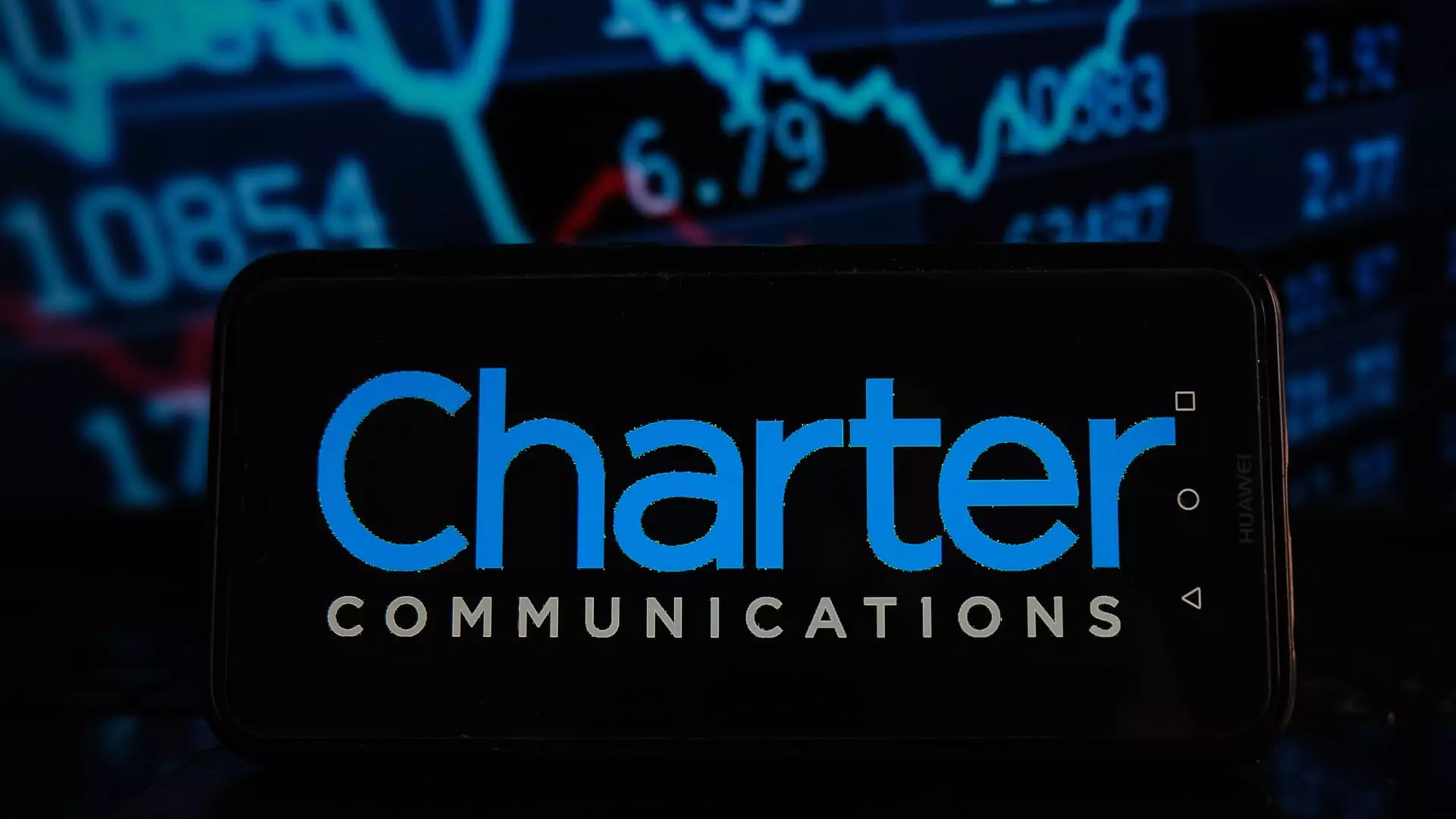The recent agreement between Charter Communications and Cox Communications signals a watershed moment in the American telecommunications landscape. With a staggering valuation of $34.5 billion, this merger is not just a financial maneuver; it’s a potential game-changer for the industry’s competitive dynamics. In a marketplace increasingly defined by digital transformation, the amalgamation of these two colossal players is both thrilling and alarming. As a student of business strategy and a citizen concerned about fair competition, I must scrutinize not just the implications, but the ethical considerations implicit in such a deal.
Market Dynamics: A Double-Edged Sword
This merger comes amid a turbulent landscape where traditional cable companies like Charter are grappling with dwindling customer bases. With losses reported in both cable TV subscribers and broadband customers, the urgency to innovate is palpable. Yet this proposed consolidation could lead to a monopolistic environment where prices soar and customer service dwindles. We’ve seen cable giants leverage mergers in the past, and what followed were often spiraling costs that left consumers feeling cornered. Is this a step toward a brighter future or simply the beginning of an oligopolistic nightmare?
Charter’s recent initiatives to bundle mobile lines with broadband services showcase an aggressive, almost desperate strategy to retain customers. Yet, one has to question the long-term sustainability of such tactics. With technological advancements continuously altering consumer preferences, a robust bundled offering may merely delay the inevitable decline unless sustained by genuine innovation.
A Shift to Monopolistic Market Control
Cox’s historical position as a privately owned entity raises questions about transparency and accountability. While being the largest privately held broadband provider sounds illustrious, such ownership structures often lead to a lack of scrutiny, as they are not bound by the same public investor expectations as publicly traded companies. The merger positions Charter and Cox to be formidable players, but it also centralizes power in a way that could stifle competition from emerging companies focusing on consumer-centric models.
The anticipated $500 million in annual cost synergies paints an enticing picture for shareholders but creates a dual narrative for consumers. Price hikes and diminished service quality often accompany such synergies. The merging firms seem to highlight efficiency while ignoring profound implications for the average American household. The transition to a single, larger company under the Cox branding raises fears of a monopoly, and the reality is that these fears are not unfounded in an era that has seen rampant consolidations.
Leadership Dynamics: A Potential Conflict of Interest
Leadership roles in this merged entity will witness figures from both Charter and Cox playing significant parts. Chris Winfrey from Charter will helm the new company, while Alex Taylor, from Cox Enterprises, will chair its board. While a crossover of leadership can lead to innovative ideas and better governance, it can also lead to conflicting interests and decision-making paralysis. If history has taught us anything, it’s that people are more likely to prioritize their legacy and internal politics over proactive strategies for customer satisfaction and technological advancements.
Furthermore, the plan for the merged entity to adopt Charter’s headquarters in Stamford while keeping a strong presence in Cox’s Atlanta location raises additional questions: will the synergies touted in financial reports translate into synergistic benefits for consumers? Or will it become a bureaucratic morass fraught with inefficiencies?
The Consumer: An Afterthought in a Corporate Bargain?
At the heart of this merger lies the most critical stakeholder—us, the consumers. Everyone should feel increasingly skeptical. Increased mergers lead to fewer choices, a decline in service innovation, and invariably, higher costs. The notion that a company can reduce its operational expenses and improve service simultaneously is tenuous at best. When profits take precedence over consumer experience, the balance tips tragically away from the very people these companies are meant to serve.
In an age where alternative internet providers are steadily encroaching on traditional business models—especially with the advent of wireless technologies—mergers like these could signal an outdated resistance to change. If Charter and Cox are to remain relevant, they must not solely focus on profit margins but instead embrace transformative strategies that prioritize customer needs. The question remains: will they truly adapt, or will they merely protect their existing revenue streams at any cost?


Leave a Reply